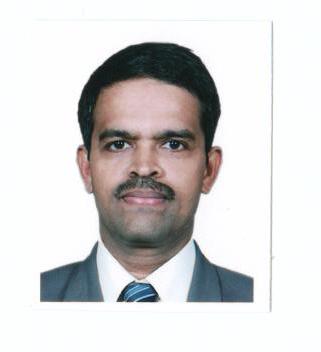1. Introduction to various geometric forms of structures- Loads on engineering structures- Failure analysis of members in 2d and 3d stress states-Comparison of failure theories- Material properties of structural steel under normal and high temperature - Design methods and code compliance.
2. Plastic behaviour of structures- shape factor- Moment curvature relationships- upper and lower bound theorems-estimate of collapse loads- plastic design
3. Stability analysis of beam-column under axial tension and compression- Beam-column with elastic support- stability analysis of frames using stiffness approach- Stability functions- Matlab programs
4. Unsymmetric bending- curved beams with small and large initial curvature- Crane hooks- Matlab programs
5. Column design phenomenon- lateral buckling- torsional buckling- stiffeners- Beam-column design- Open sections- lateral and torsional buckling of open sections- Examples from different codes of practice (Euro Code, Australian code and Indian code)
6. Blast loads - impact loads- ice-infested loads on structures- fire loads- fire-resistant design
7. Design examples of large industrial structures like production offshore steel platform, Postulated analysis of nuclear power plant elements etc.

DOWNLOAD APP
FOLLOW US